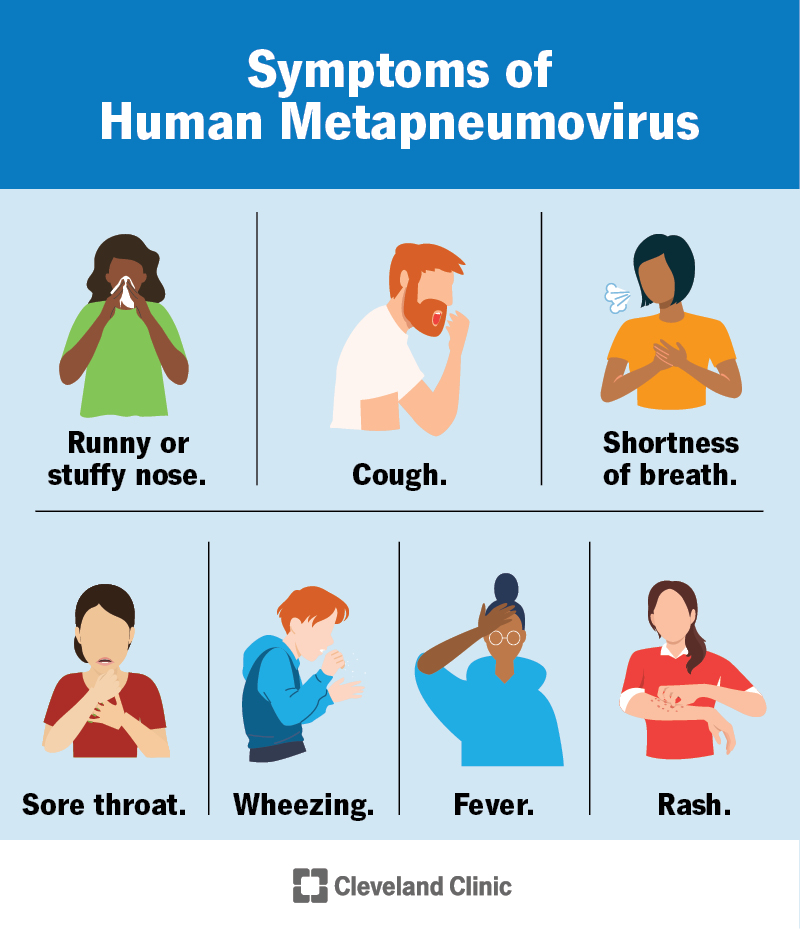Understanding the Human Metapneumovirus (HMPV) Outbreak in China: Symptoms, Treatment, and Current Situation
China is currently experiencing a rise in cases of Human Metapneumovirus (HMPV), a respiratory virus that typically causes symptoms similar to the common cold but can lead to more severe respiratory issues in certain populations.

China is currently experiencing a rise in cases of Human Metapneumovirus (HMPV), a respiratory virus that typically causes symptoms similar to the common cold but can lead to more severe respiratory issues in certain populations.
Symptoms of HMPV
The symptoms of HMPV are akin to those of other respiratory infections and can range from mild to severe. Common symptoms include:
- Cough
- Fever
- Nasal congestion (runny or blocked nose)
- Sore throat
- Shortness of breath
- Wheezing
- Headache
- Fatigue
In severe cases, particularly among young children, older adults, and individuals with weakened immune systems, HMPV can lead to complications such as bronchiolitis or pneumonia.
Transmission of HMPV
HMPV spreads through mechanisms similar to other respiratory viruses:
- Respiratory secretions from coughing and sneezing
- Close personal contact, such as touching or shaking hands
- Touching contaminated surfaces and then touching the mouth, nose, or eyes
The incubation period for HMPV is typically between three to six days.

Treatment and Prevention
Currently, there are no specific antiviral treatments or vaccines available for HMPV. Treatment is supportive and focuses on alleviating symptoms:
- Rest
- Hydration
- Over-the-counter medications to relieve fever and pain
Preventive measures include:
- Regular hand washing with soap and water for at least 20 seconds
- Avoiding touching the face with unwashed hands
- Maintaining distance from individuals exhibiting symptoms
- Cleaning frequently touched surfaces, such as doorknobs and toys
These preventive strategies are similar to those recommended for other respiratory illnesses.
Current Situation in China
Recent data from China's National Disease Control and Prevention Administration indicate an increase in respiratory infections, including HMPV, particularly among individuals under the age of 14 in northern provinces. However, Chinese officials and the World Health Organization have not reported an outbreak of overwhelming magnitude. Foreign Ministry spokesperson Mao Ning stated that respiratory infections tend to peak during the winter season and assured that the Chinese government is attentive to the health of its citizens and foreigners in China.
In response to the rise in cases, China has initiated a pilot program to monitor pneumonia cases of unknown causes, aiming to establish protocols for handling emerging pathogens, especially with the anticipated increase in respiratory diseases during the winter months.

Conclusion
While the rise in HMPV cases in China has garnered attention, it is important to note that HMPV is a known virus with established preventive and supportive care measures. Adhering to recommended hygiene practices and seeking medical attention if symptoms worsen can help manage and mitigate the impact of the virus.













